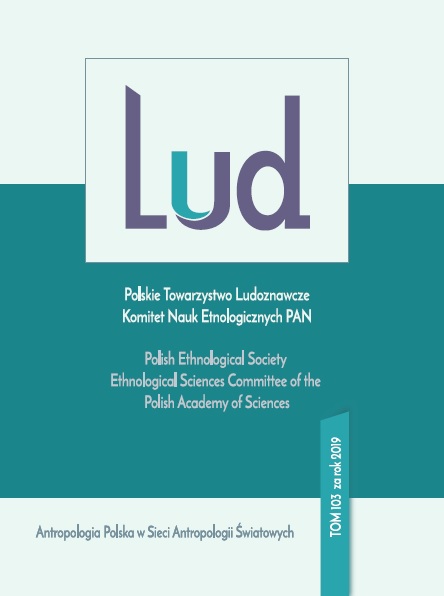DOING THINGS WITH QUESTIONS. INTERPRETING IN ASYLUM SETTINGS
DOING THINGS WITH QUESTIONS. INTERPRETING IN ASYLUM SETTINGS
Author(s): Helena TužinskáSubject(s): Cultural Anthropology / Ethnology, Migration Studies
Published by: Polskie Towarzystwo Ludoznawcze
Keywords: ethnography; interpreting; asylum; context; misinterpretation;
Summary/Abstract: The interpreter has the demanding task of “not creating a contradiction” by employing an identical concept in a different context. The classifications of the asylum applicant encounter the institutionally determined limits. Reliable verification of the applicant’s credibility is, however, dependent on knowledge of his/her local context and demands additional questioning. In this process, a denial of interlingual and intralingual complexity may be a source of invisible injustice (Spotti 2019: 87-88). Both interpreting and interpretation is thus an inseparable part of the process in which police officers, decision-makers and judges, paraphrasing John L. Austin and John Searle, “do things with questions.” The author applies this interpretive framework to data from ethnographic research, which was conducted in Bratislava, Slovakia, in 2017-19, on interpreting for asylum applicants in the institutional settings. She elucidates the diversity of the standpoints–of refugees, court and ad hoc interpreters, representatives of the foreign police and of the migration office, as well as legal representatives from civic associations, referencing to relevant findings in linguistic and legal anthropology. In this article Helena Tužinská proposes that: (1) the discrepancies in the reports are conditioned by the context of interpreting, (2) participants “do things with questions”, and (3) inter-cultural interpretation can be a speech act.
Journal: LUD
- Issue Year: 103/2019
- Issue No: 1
- Page Range: 81-99
- Page Count: 19
- Language: English

